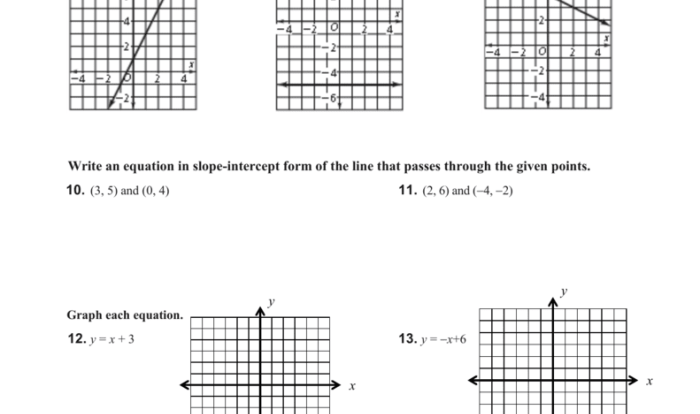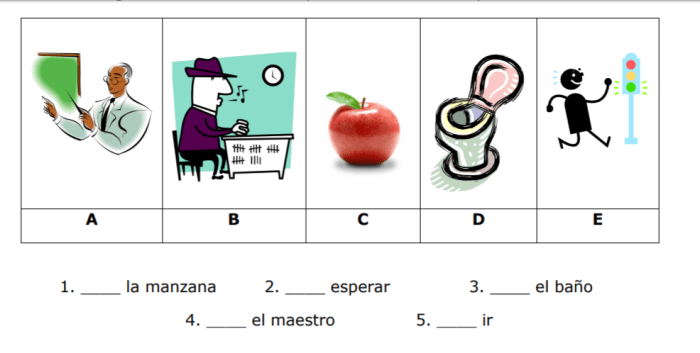Mastering the TEKS in World History provides a comprehensive guide for educators, students, and anyone interested in gaining a deep understanding of the subject. This article explores the significance of the TEKS, effective strategies for mastery, and innovative approaches to teaching World History.
The Texas Essential Knowledge and Skills (TEKS) for World History serve as a roadmap for educators, outlining the essential concepts and skills that students must master. By aligning instruction with the TEKS, teachers can ensure that their students acquire a solid foundation in historical knowledge and critical thinking abilities.
Understanding the Texas Essential Knowledge and Skills (TEKS) for World History
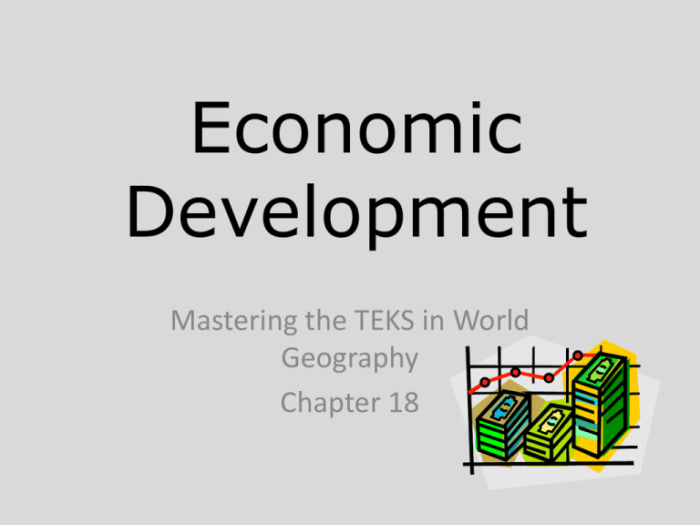
The Texas Essential Knowledge and Skills (TEKS) for World History are a set of standards that define the essential knowledge and skills that students in Texas must learn in order to succeed in the course. The TEKS are developed by the Texas Education Agency (TEA) and are based on the Texas Essential Knowledge and Skills for Social Studies, which are in turn based on the National Council for the Social Studies (NCSS) College, Career, and Civic Life (C3) Framework for Social Studies State Standards.
The TEKS for World History are organized into six strands:
- Geography
- History
- Economics
- Government
- Culture
- Science, Technology, and Society
Each strand is further divided into sub-strands, which specify the specific knowledge and skills that students must learn.
Strategies for Mastering the TEKS: Mastering The Teks In World History
To effectively master the Texas Essential Knowledge and Skills (TEKS) for World History, students should employ a combination of effective study techniques and strategies. These include active reading, spaced repetition, retrieval practice, and elaborative encoding.
Active Reading
Active reading involves engaging with the text in a meaningful way. This includes highlighting, annotating, and questioning the material. By actively engaging with the text, students can improve their understanding and retention of the information.
Teaching World History with the TEKS
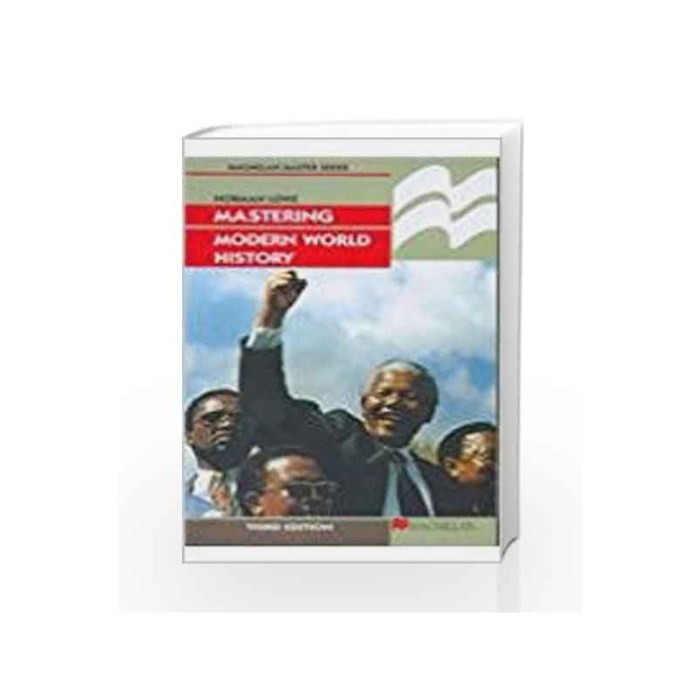
Aligning instruction with the Texas Essential Knowledge and Skills (TEKS) is crucial for effective teaching of World History in Texas. The TEKS provide a comprehensive framework that ensures students develop a deep understanding of the major events, themes, and concepts that have shaped human history.
By aligning lessons with the TEKS, teachers can ensure that students are exposed to the essential content and skills required for success in the course. This alignment helps students develop a solid foundation in World History and prepares them for higher-level studies.
Designing Engaging and Effective Lessons, Mastering the teks in world history
To design engaging and effective lessons that meet TEKS requirements, teachers should consider the following strategies:
- Use a variety of instructional methods:Incorporate a mix of lecture, discussion, group work, and hands-on activities to cater to diverse learning styles and keep students engaged.
- Incorporate primary and secondary sources:Expose students to original documents, artifacts, and other historical sources to provide a more authentic and immersive learning experience.
- Use technology to enhance instruction:Utilize online resources, interactive simulations, and digital tools to supplement traditional teaching methods and make learning more interactive and engaging.
Assessment Strategies
To evaluate student understanding of the TEKS, teachers can employ a variety of assessment strategies, including:
- Formative assessments:Regular quizzes, class discussions, and homework assignments to monitor student progress and provide feedback.
- Summative assessments:Major tests, essays, and projects to assess student mastery of the TEKS at the end of a unit or course.
- Performance assessments:Tasks that require students to demonstrate their skills and knowledge through projects, presentations, or other hands-on activities.
Common Challenges and Solutions
Mastering the Texas Essential Knowledge and Skills (TEKS) for World History presents various challenges for students. These challenges include:
- Extensive content:The TEKS encompass a vast body of knowledge, covering diverse historical periods, regions, and themes.
- Complexity of concepts:World history involves complex historical processes, abstract ideas, and interconnected events that can be challenging to grasp.
- Varied learning styles:Students have different learning preferences and strengths, which can affect their ability to engage with the material.
- Limited prior knowledge:Some students may enter the course with limited background knowledge in world history, making it more difficult to build upon existing understanding.
Strategies for Addressing Challenges and Supporting Student Success
To address these challenges and support student success, several strategies can be implemented:
- Chunking and scaffolding:Breaking down the content into smaller, manageable chunks and providing support and guidance throughout the learning process.
- Differentiated instruction:Adapting instruction to meet the needs of diverse learners by providing varied materials, activities, and assessments.
- Active learning:Engaging students in hands-on activities, discussions, and projects to promote deeper understanding and retention.
- Technology integration:Utilizing technology tools to enhance learning, provide access to resources, and facilitate collaboration.
- Collaboration and peer support:Fostering a collaborative learning environment where students work together and support each other’s understanding.
Successful Interventions and Programs
Several successful interventions and programs have been implemented to improve TEKS mastery, including:
- Project-based learning:Students engage in extended projects that allow them to apply their knowledge and skills in meaningful ways.
- Historical simulations:Students participate in simulations that recreate historical events, providing them with an immersive and engaging learning experience.
- Online learning modules:Students access online resources and activities that supplement classroom instruction and provide additional support.
- Summer bridge programs:Students participate in summer programs that provide a foundation in world history and prepare them for the upcoming school year.
Technology Integration for TEKS Mastery
Technology integration in the classroom has revolutionized the learning process, offering numerous benefits for TEKS mastery in World History.
By incorporating technology into World History instruction, educators can enhance student engagement, foster critical thinking, and personalize the learning experience. Technology tools provide interactive simulations, virtual field trips, and collaborative platforms that cater to diverse learning styles and empower students to actively participate in their own learning.
Specific Examples of Technology Integration
- Interactive Simulations:Simulations such as “The Great Game” or “Civilization V” allow students to experience historical events firsthand, making abstract concepts more tangible and engaging.
- Virtual Field Trips:Virtual tours of historical sites like the Great Wall of China or the Pyramids of Giza provide immersive experiences that supplement traditional textbook learning.
- Collaborative Platforms:Online forums, wikis, and discussion boards facilitate student collaboration, allowing them to share perspectives, engage in historical debates, and develop their communication skills.
Table of Technology Tools for TEKS Mastery
The following table presents a comparison of different technology tools and their potential uses for TEKS mastery in World History:
| Tool | Uses for TEKS Mastery |
|---|---|
| Google Earth | Visualize historical maps, explore geographical features, and conduct virtual field trips |
| Edpuzzle | Create interactive video lessons with embedded questions and assessments |
| Nearpod | Conduct interactive presentations, quizzes, and polls to engage students in real-time |
| Kahoot! | Gamify review and assessment with interactive quizzes and polls |
| Flipgrid | Facilitate student discussions, presentations, and video projects |
Best Practices for Continuous Improvement
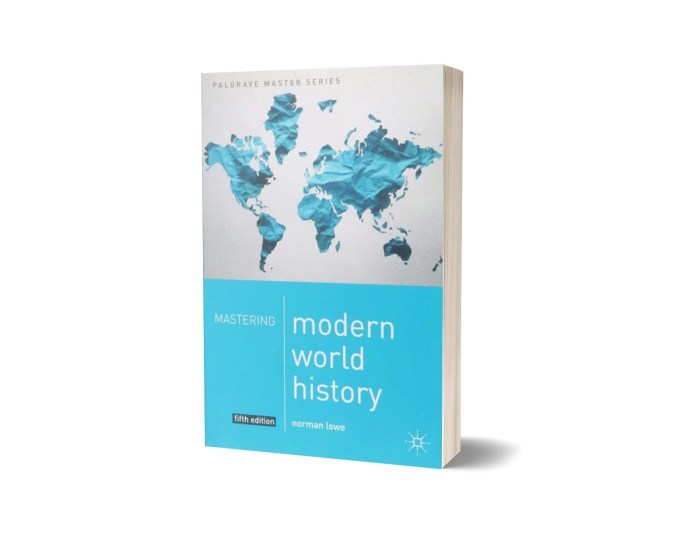
To ensure that educators remain proficient in teaching World History in accordance with the TEKS, continuous professional development is crucial. This involves staying updated with the latest TEKS revisions, pedagogical advancements, and best practices.
To facilitate this, teachers are encouraged to actively engage in workshops, conferences, and online courses. Collaboration with colleagues, seeking mentorship from experienced educators, and utilizing available resources can also contribute to ongoing professional growth.
Resources for Professional Development
- Texas Education Agency (TEA) website: Provides official TEKS updates, curriculum resources, and professional development opportunities.
- National Council for the Social Studies (NCSS): Offers professional development programs, publications, and networking opportunities.
- World History Association (WHA): Organizes conferences, workshops, and publishes scholarly journals.
- Gilder Lehrman Institute of American History: Provides online courses, lesson plans, and primary source materials.
- National Geographic Education: Offers online resources, teacher workshops, and curriculum materials.
Common Queries
What are the key components of the TEKS for World History?
The TEKS for World History encompass the following components: geography, chronology, economics, politics, culture, and social structures.
What strategies can students use to master the TEKS?
Effective strategies for mastering the TEKS include active reading, note-taking, concept mapping, and practice through quizzes and simulations.
How can technology enhance TEKS mastery?
Technology can enhance TEKS mastery by providing interactive simulations, virtual field trips, and online resources that make learning more engaging and accessible.
